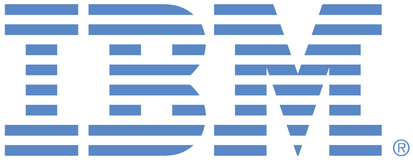
This portal is to open public enhancement requests against products and services offered by the IBM Data & AI organization. To view all of your ideas submitted to IBM, create and manage groups of Ideas, or create an idea explicitly set to be either visible by all (public) or visible only to you and IBM (private), use the IBM Unified Ideas Portal (https://ideas.ibm.com).
Shape the future of IBM!
We invite you to shape the future of IBM, including product roadmaps, by submitting ideas that matter to you the most. Here's how it works:
Search existing ideas
Start by searching and reviewing ideas and requests to enhance a product or service. Take a look at ideas others have posted, and add a comment, vote, or subscribe to updates on them if they matter to you. If you can't find what you are looking for,
Post your ideas
Post ideas and requests to enhance a product or service. Take a look at ideas others have posted and upvote them if they matter to you,
Post an idea
Upvote ideas that matter most to you
Get feedback from the IBM team to refine your idea
Specific links you will want to bookmark for future use
Welcome to the IBM Ideas Portal (https://www.ibm.com/ideas) - Use this site to find out additional information and details about the IBM Ideas process and statuses.
IBM Unified Ideas Portal (https://ideas.ibm.com) - Use this site to view all of your ideas, create new ideas for any IBM product, or search for ideas across all of IBM.
ideasibm@us.ibm.com - Use this email to suggest enhancements to the Ideas process or request help from IBM for submitting your Ideas.
IBM Employees should enter Ideas at https://ideas.ibm.com

Wouldn't it be better to define some defined "high traffic" timeframe which has no purging and no eod at all? - The period when there is no high traffic is analyzed and eod starts at this time, but the period is not enough to finish purging. You can not define high traffic timeframe when it work real-time, in that case IBM Safer Payments will catch potentially fraud transactions in defined timeframe!
Limiting the number of purged records might be a solution but it wouldn't actually guarantee to finish the eod job before peak load -for example if there are other disk operations that slow down the purging of index entries.- When EOD starts, that specific instance is isolated and other operation are stopped. Of course, it is not guaranteed that job will not be finished, but is there any better solution?
Wouldn't it be better to define some defined "high traffic" timeframe which has no purging and no eod at all?
Limiting the number of purged records might be a solution but it wouldn't actually guarantee to finish the eod job before peak load - for example if there are other disk operations that slow down the purging of index entries.